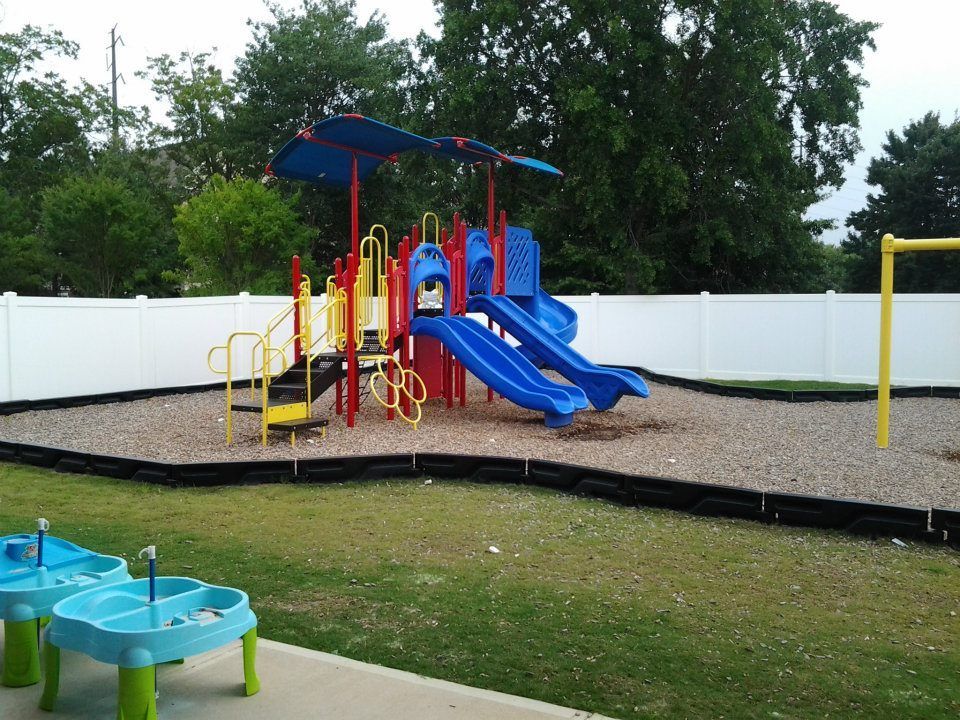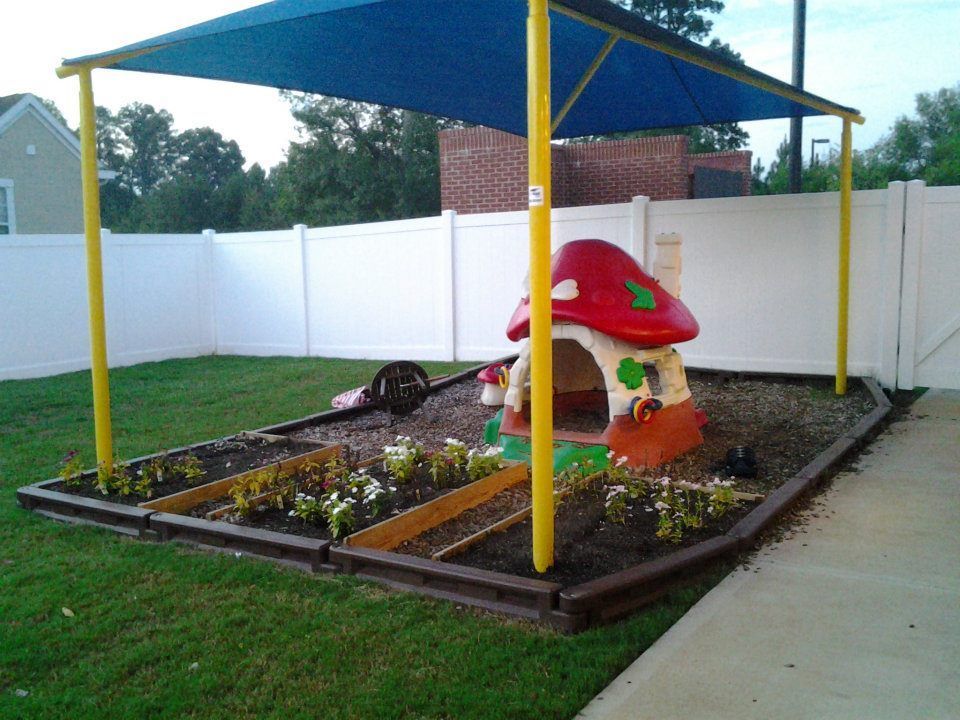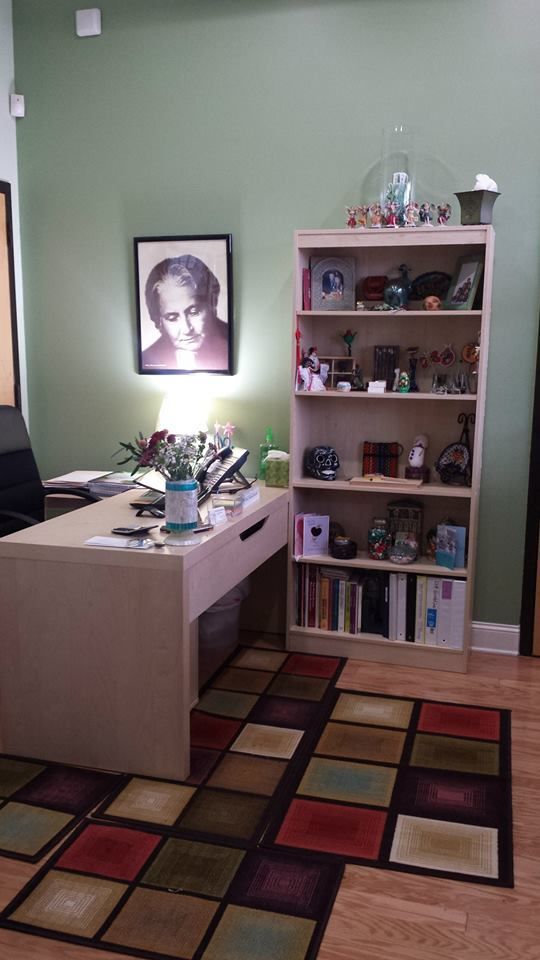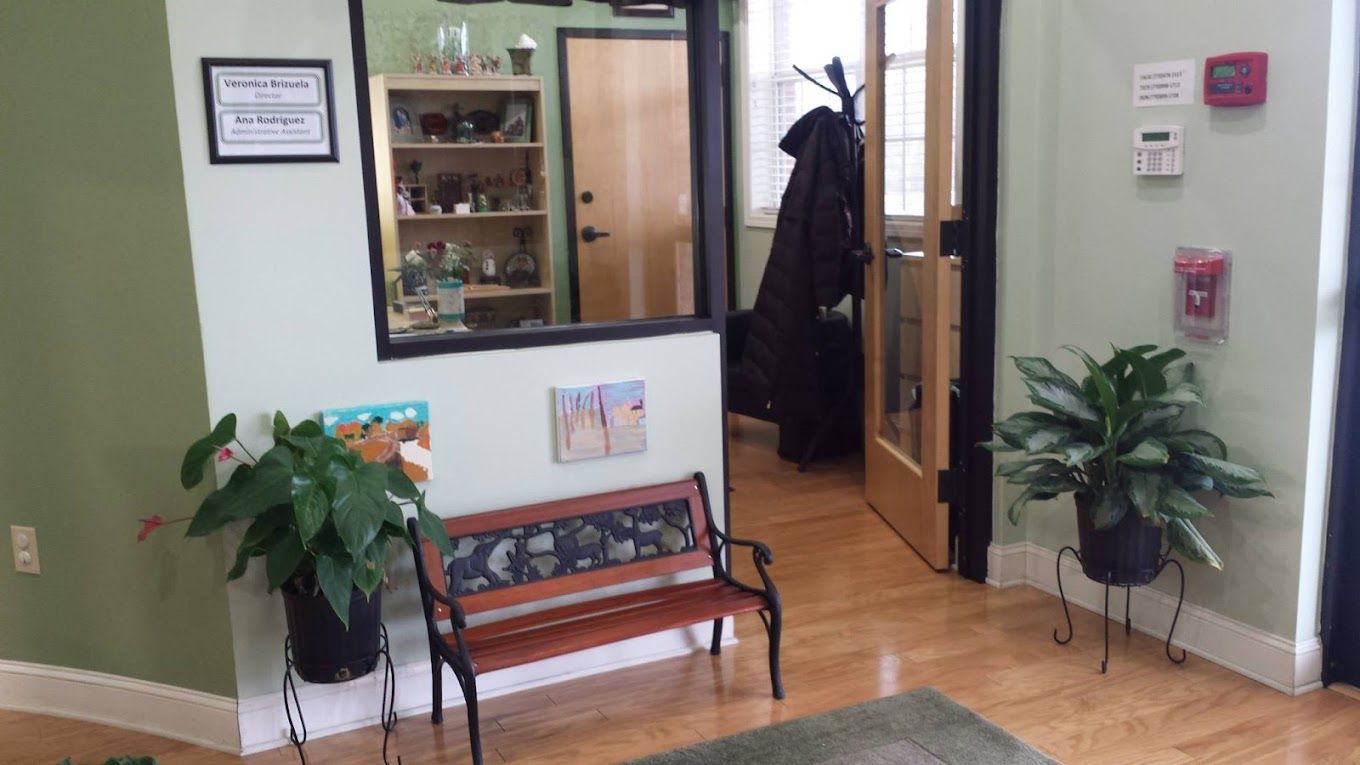Montessori Learning Environment in Marietta, GA
The Montessori Learning Environment: A Space for Discovery
Designed for Exploration: The Montessori Learning Environment
Montessori learning environment at Montessori Scholars Academy is designed to foster independent, self-motivated learners. Through montessori learning environment , children engage in hands-on activities that develop critical thinking and creativity. At Montessori Scholars Academy, montessori learning environment emphasizes individualized learning, helping each student progress at their own pace. The principles of montessori learning environment guide everything at Montessori Scholars Academy, ensuring a nurturing environment that supports lifelong learning. With montessori learning environment as the foundation, Montessori Scholars Academy is committed to empowering students for success.
We Believe That Kids Are Born With a Quest for Learning
All of Montessori Scholars Academy’s lead teachers are certified by one of three Montessori societies: the Association Montessori Internationale (AMI), American Montessori Society (AMS), or Pan American Montessori Society (PAMS). In order to obtain this certification, the teachers must attend and successfully complete the entire training program offered at designated training centers for their specific level (e.g., primary). The teachers must also complete a practicum and work as assistants in the appropriate classrooms before becoming a lead teacher. More information about the certifications of our educators can be provided upon request. Please feel free to contact us for more information or visit the websites of the certification societies at the links provided here: AMI Website, AMS Website, and PAMS Website.
We believe that kids are born with a quest for learning, and we strive to provide them with a more joyful and fun-filled learning experience.

The Montessori Scholars Academy Philosophy
We seek to consistently serve children in a safe and nurturing educational environment by challenging and inspiring their individual quest for knowledge and skill, and by empowering the development of their self-discipline and self-confidence.
Montessori Scholars Academy…
...was built with love
The owner of Montessori Scholars Academy built this school with a lot of love and care, as if he were building it for his own grandchildren. The building is designed in such a way that one can enjoy seeing beautiful nature while being in it.
...offers a clean environment
The school’s building is a state-of-the art facility built with a two-story ceiling to enable plenty of fresh, high-quality air and features very large windows so that each classroom has plenty of sunlight and Vitamin D for the children.
...prioritizing safety and well-being
The school’s campus was purposefully built about 1000 feet away from the road to ensure the safety of all the children. The school has hired a very experienced and caring chef who prepares very healthy, fresh, and organic meals for all the kids on a daily basis.
Curriculum
Research demonstrates that the period of life between birth and age six is the most influential in defining a child’s personality and ability to learn. During this period of time, life-long patterns are established, and the skills acquired become the foundation that will be the basis for their future independence. Dr. Montessori calls this attribute of a child the "absorbent mind".
The primary classrooms are divided into four areas of learning, which are: practical life, sensory, language, and mathematics.






